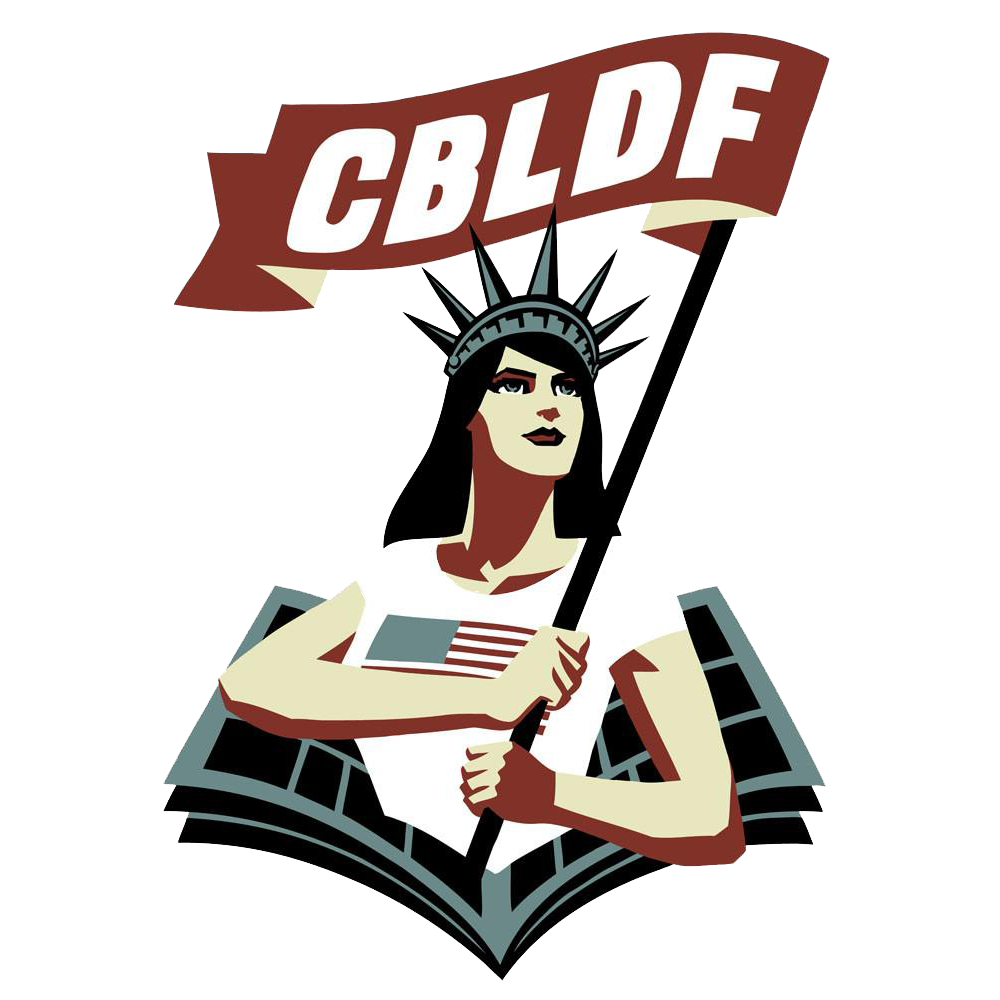
On March 26, CBLDF signed a memorandum in partnership with the Authors Guild and the American Booksellers Association in opposition to Georgia Senate Bill 226 (SB 226). The proposed bill attacks an author’s constitutional right to free expression and their rights under federal copyright law. Additionally, it weakens the protections against censorship. The bill has also garnered responses from the Association of American Publishers (AAP) and ACLU Georgia.
What is Georgia Senate Bill 226?
What exactly is Georgia SB 226 proposing? The bill replaces the previous process for parents objecting to school reading materials. Any book that a parent believes is “harmful to minors” can be challenged. Under SB 226, the determination is made by a single person, the principal, or their appointee.
If the book is not removed from the curriculum, the decision moves on to the local board of education. The local board of education has thirty days to make a decision. If the book is deemed “not harmful” for minors and kept in the curriculum or school library, it is to be posted in an easily accessible location online for four years.
There are two major issues with this process, one is a copyright issue and the other is a censorship issue.
The Copyright Issue
The first issue of SB 226 is its violation of an author’s rights under federal copyright law. The letter from the AAP remarks,
“Although copyright is subject to fair use limitations, fair use is decided on a case-by-case basis and consists of weighing four factors, including the purpose of the use, the amount used, and the impact of the use on the market for that work. The posting of verbatim copies of entire copyrighted works on a publicly accessible website where anyone could view the work for entertainment purposes would undoubtedly have a negative impact on the legitimate market of the work and would not be considered fair use.”
SB 226 requires a change in licensing agreement to allow the works in question to be free online for public review. The memorandum we signed points out the issues with that.
“This requirement is severely detrimental not only for copyright owners but also Georgia educators and students. Copyright owners, out of concern for the evisceration of the commercial value [of] their works from being freely and publicly available online, would be forced to make the difficult choice of granting what is essentially a compulsory license to local boards of education, or to withdraw licenses to Georgia boards of education, which in turn would severely limit the range of educational materials available to Georgia’s educators and students.”
Making these books available for four years will devalue the author’s work and make it vulnerable to online piracy. Copyright holders can either give a free license for their books or withdraw them from the school system. The dip in earnings will be easier for a large publisher to absorb than an individual.
The Censorship Issue
The second major issue is the removal of policies that ensure proper checks and balances are in place. The decision will lie in the hands of one individual as stated in the bill.
“The school principal or his or her designee shall determine whether student access to the material that is the subject of the complaint shall be removed or restricted”
Putting the decision in the hands of one person flies in the face of standard educational policy. A single person acting with no checks can make the wrong decision or be pressured into making the wrong decision. The bill only requires books deemed not harmful to be posted online. If the material is controversial, an administrator may ban the book to avoid public outcry or future challenges.
One Bad Bill
SB 226 needs to be opposed. It is an attack on a creator’s right to make a living and an attack on censorship protections. We know this will impact the comics community already; one of the currently challenged books in Georgia is the graphic novel adaptation of The Handmaid’s Tale. This bill is the opening salvo in a move that will weaken rights in Georgia, and potentially lead to unchallenged identity censorship. We will continue to monitor the situation as it develops.
Below is the memorandum of opposition signed by the Authors Guild, CBLDF, and the Association of Booksellers.